 Prime Minister Pham Minh Chinh and New Zealand Prime Minister Christopher Luxon. (Photo: Duong Giang/VNA)
Prime Minister Pham Minh Chinh and New Zealand Prime Minister Christopher Luxon. (Photo: Duong Giang/VNA)
At the invitation of Prime Minister Pham Minh Chinh, New Zealand Prime Minister Christopher Luxon will pay an official visit to Vietnam and attend the ASEAN Future Forum in Hanoi.
On this occasion, President of the New Zealand Institute of International Affairs (NZIIA) and former New Zealand Ambassador to Vietnam, Mr. James Kember, gave an interview to VNA reporters in Oceania about the significance and importance of the visit as well as the prospects of the Vietnam-Australia bilateral relationship in particular and the ASEAN-New Zealand relationship in general.
Former Ambassador Kember said he was looking forward to Prime Minister Luxon’s visit to Vietnam because high-level bilateral visits are often a direct and meaningful recognition of the values each side places on the relationship, and at the same time serve to strengthen that relationship. Linking such visits to regional meetings will bring more benefits and efficiency.
Assessing the Vietnam-New Zealand relationship, former Ambassador Kember said that the relationship focuses on cooperation within the frameworks of the Asia-Pacific Economic Cooperation Forum (APEC), the Association of Southeast Asian Nations (ASEAN) and many other forums, defense visits and training, social relations and people-to-people exchanges, development cooperation, and strong economic and trade links.
Mr Kember witnessed this during his 2006-2009 tenure as New Zealand Ambassador to Vietnam.
However, now that the two countries have become Strategic Partners (since 2020), Vietnam in particular has changed a lot since then, with a Gross Domestic Product (GDP) growth of about 5% per year and a growing population.
In addition, both Vietnam and New Zealand today face political and economic instability in the world.
According to former Ambassador Kember, much has been done to bring meaning and strength to the Vietnam-New Zealand relationship. However, the potential of this relationship has not been fully exploited in the current context.
He said that in the current time of international uncertainty, it is extremely important for Vietnam and New Zealand to understand each other's views and find common ground.
In addition, both countries also need to find ways to increase the value of economic and trade links, especially given the worrying return of tariffs and trade barriers, as well as the disruption of trade flows that affects consumers.
Former Ambassador Kember said that New Zealand and Vietnam have well-established government-to-government and institutional dialogues on international issues affecting both countries since 2008.
Many delegates from both countries participated in the “Track 1.5” discussions held in New Zealand late last year.
This regular dialogue is appreciated by the public as a way of cross-checking common views.
In general, the issue is not to seek new areas of cooperation but to add depth and resources to areas that the two countries have agreed are of high value.
Former Ambassador Kember said that during his recent visit to New Zealand, Vietnamese Deputy Foreign Minister Do Hung Viet outlined a number of reasons for upgrading the bilateral relationship as well as how to do so.
In a speech at the New Zealand Institute of International Affairs in Wellington in early February 2025, Deputy Minister Do Hung Viet emphasized that the Asia-Pacific region is the main growth driver; emphasizing common interests, mutual understanding and the warmth of fundamental personal relationships.
He made some suggestions for ways to cooperate on technical advancement, training programmes for young scholars and strengthening institutional links between New Zealand research centres focused on the Association of Southeast Asian Nations (ASEAN) and Vietnamese institutions such as the Diplomatic Academy.
The proposals of Deputy Minister Do Hung Viet are all welcomed.
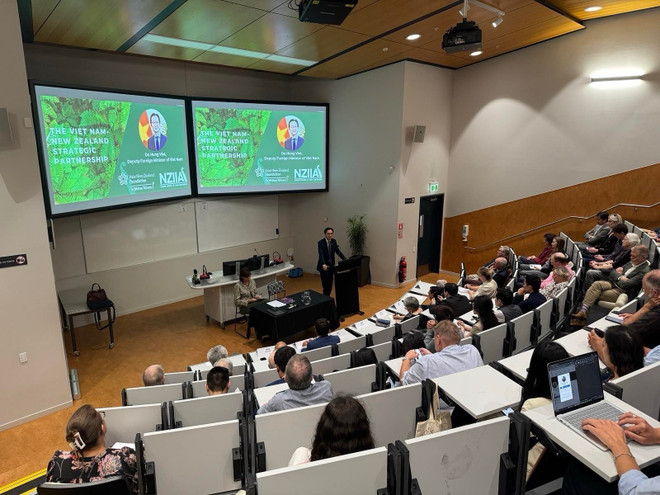 Deputy Foreign Minister Do Hung Viet delivers a speech at the New Zealand Institute of International Relations in Wellington. (Source: VNA)
Deputy Foreign Minister Do Hung Viet delivers a speech at the New Zealand Institute of International Relations in Wellington. (Source: VNA)
Former Ambassador Kember said that while there is value in setting ever-higher standards for cooperation, it is important to remember that “actions speak louder than words,” and that there needs to be more, deeper exchanges that benefit both countries. Both New Zealand and Vietnam are part of the Asia-Pacific region, so finding common ground and frankly addressing differences is essential.
Commenting on the New Zealand-ASEAN relationship and bilateral efforts to promote regional peace and prosperity, former Ambassador Kember said that New Zealand has long recognised ASEAN’s pivotal role in promoting peace and security in the region. Defence cooperation, transnational crime, and military education all have their rightful place in the ASEAN+ context. At the same time, New Zealand needs to continue to develop its relationships with individual ASEAN member states, such as Vietnam.
Therefore, according to him, it is necessary to continue dialogue between officials, research organizations; exchange and educate young people - future leaders - to ensure that individual decisions are made based on a correct understanding of the views of other important partners./.
(Vietnam+)


![[Photo] Ho Chi Minh City speeds up sidewalk repair work before April 30 holiday](https://vstatic.vietnam.vn/vietnam/resource/IMAGE/2025/4/3/17f78833a36f4ba5a9bae215703da710)

![[Photo] General Secretary To Lam receives Japanese Ambassador to Vietnam Ito Naoki](https://vstatic.vietnam.vn/vietnam/resource/IMAGE/2025/4/3/3a5d233bc09d4928ac9bfed97674be98)
![[Photo] Prime Minister Pham Minh Chinh chairs meeting after US announces reciprocal tariffs](https://vstatic.vietnam.vn/vietnam/resource/IMAGE/2025/4/3/ee90a2786c0a45d7868de039cef4a712)
![[Photo] A brief moment of rest for the rescue force of the Vietnam People's Army](https://vstatic.vietnam.vn/vietnam/resource/IMAGE/2025/4/3/a2c91fa05dc04293a4b64cfd27ed4dbe)
![[Photo] Prime Minister Pham Minh Chinh chairs the first meeting of the Steering Committee on Regional and International Financial Centers](https://vstatic.vietnam.vn/vietnam/resource/IMAGE/2025/4/3/47dc687989d4479d95a1dce4466edd32)
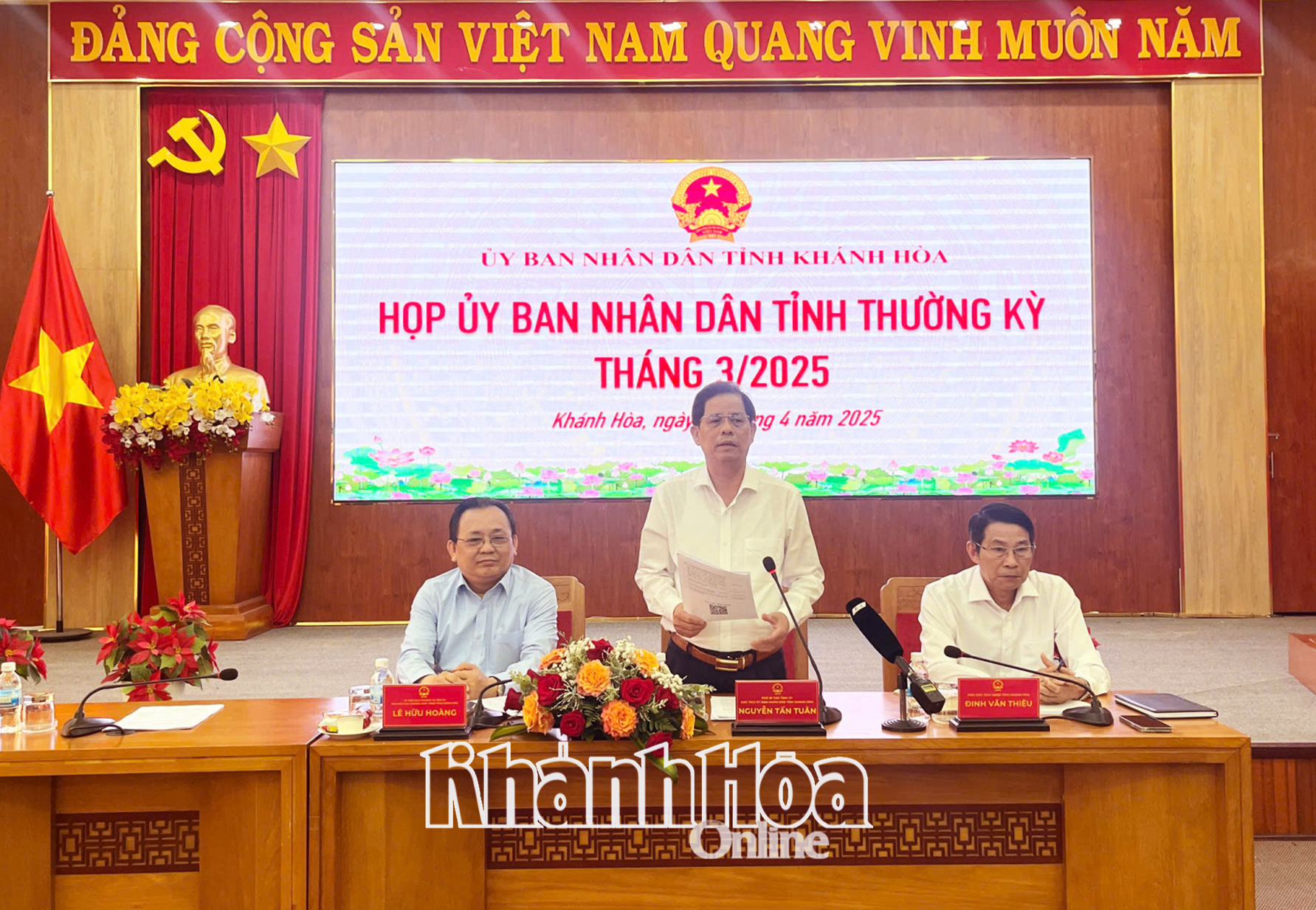

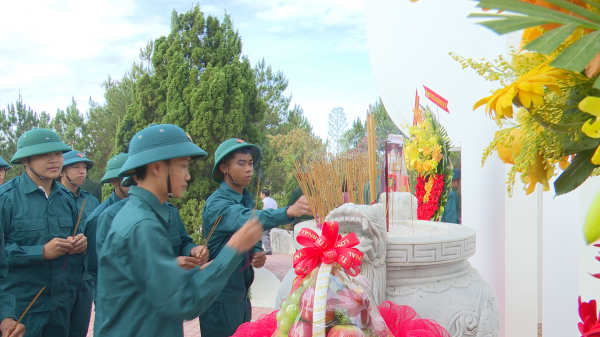
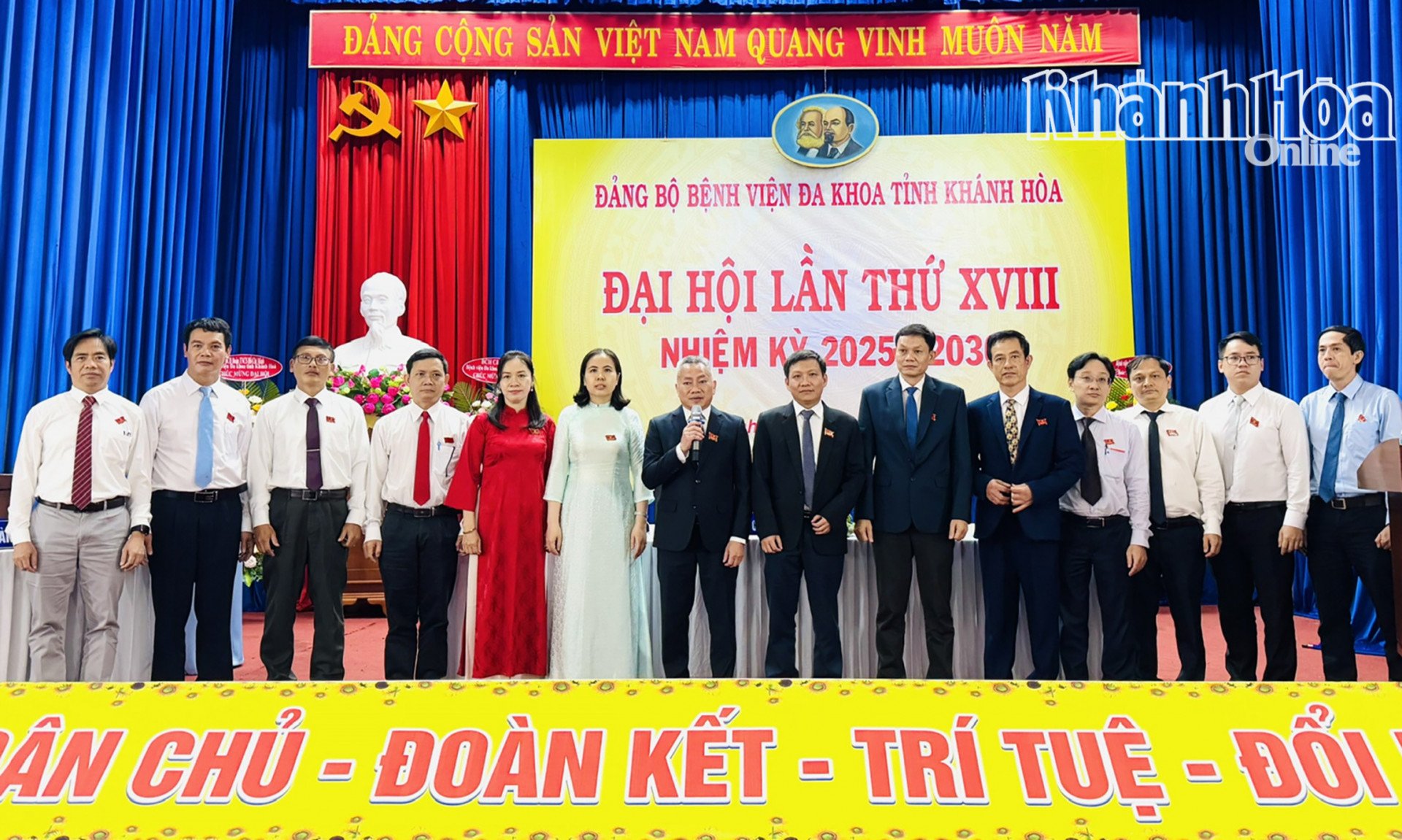
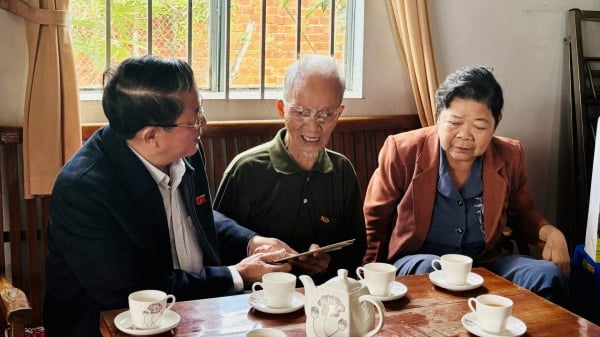

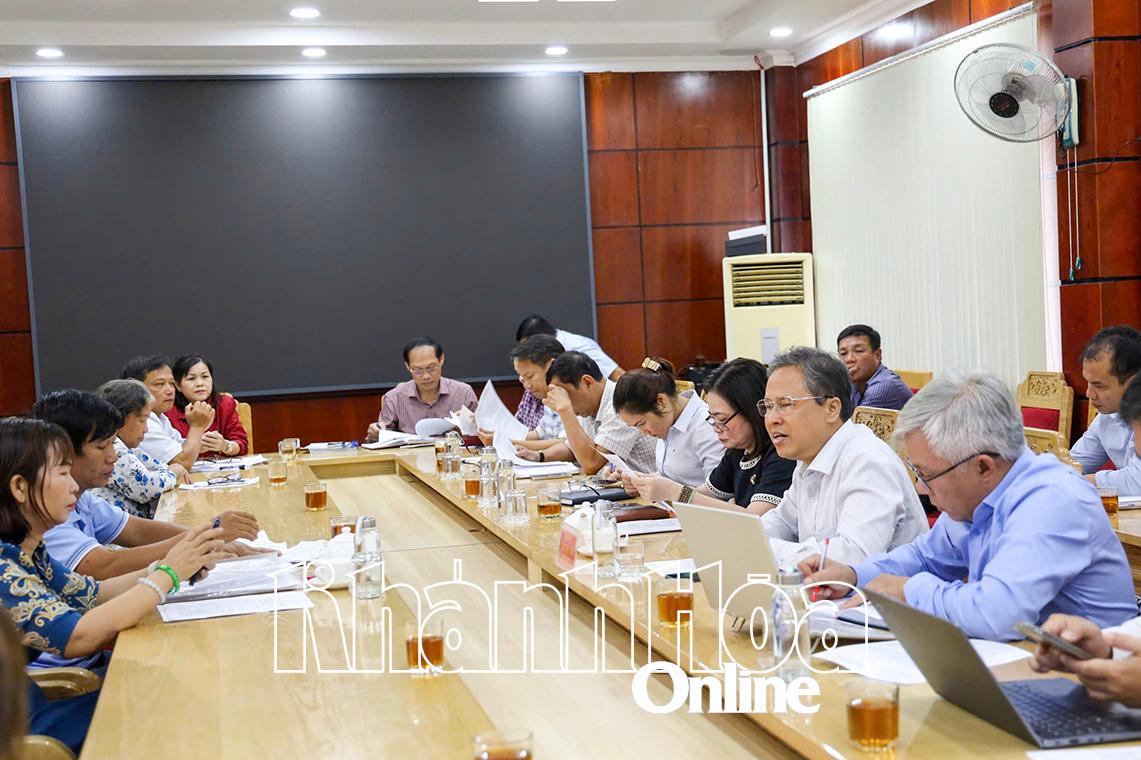










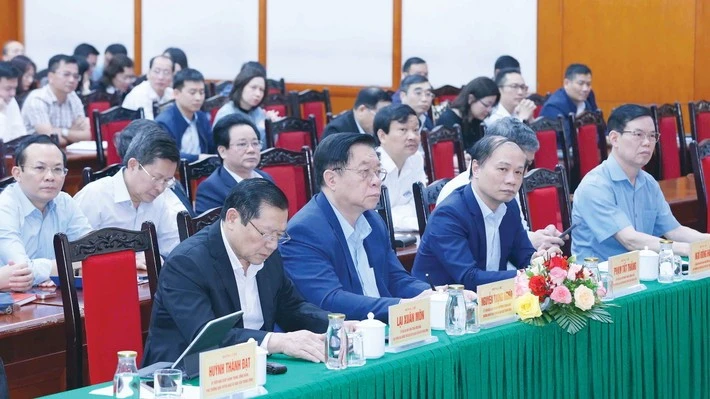

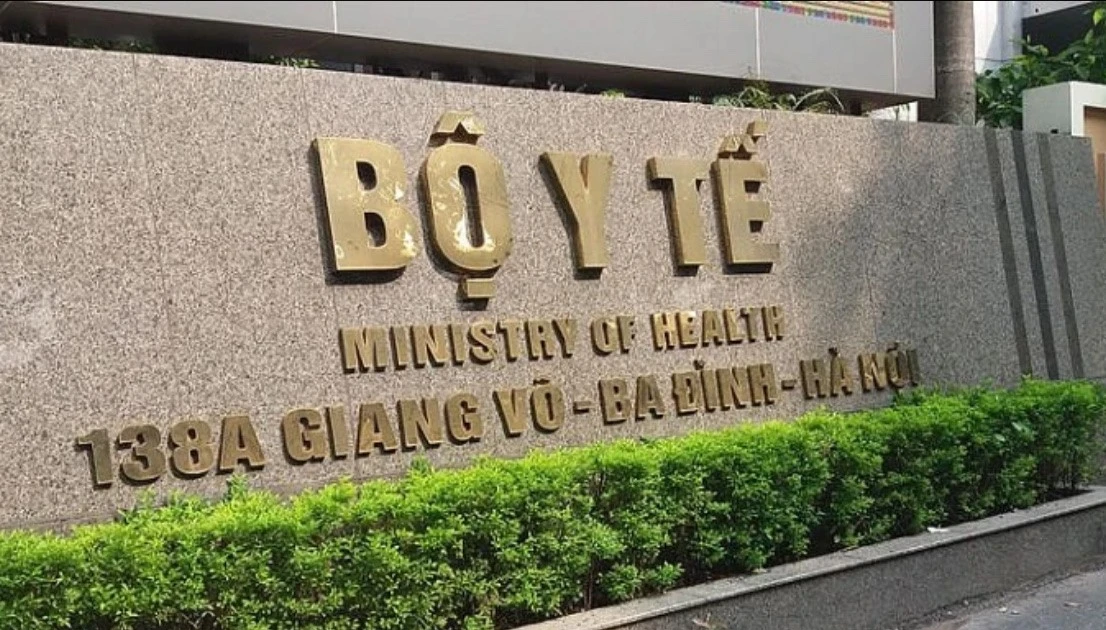
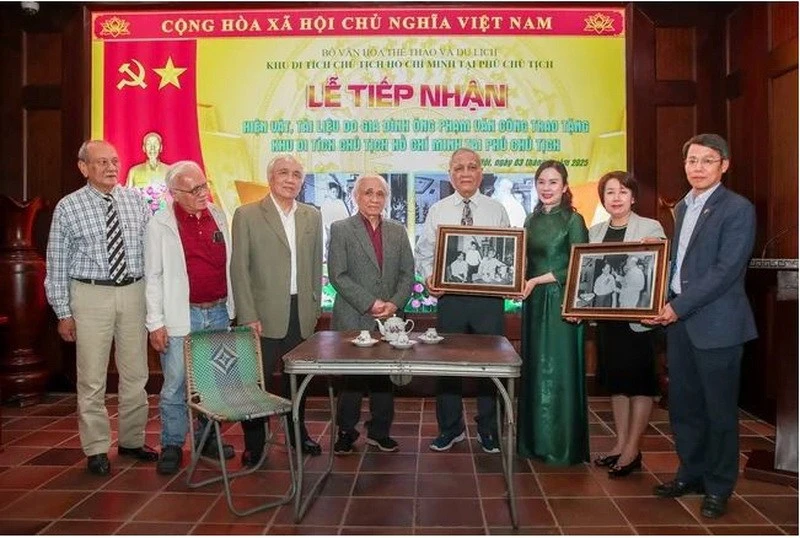

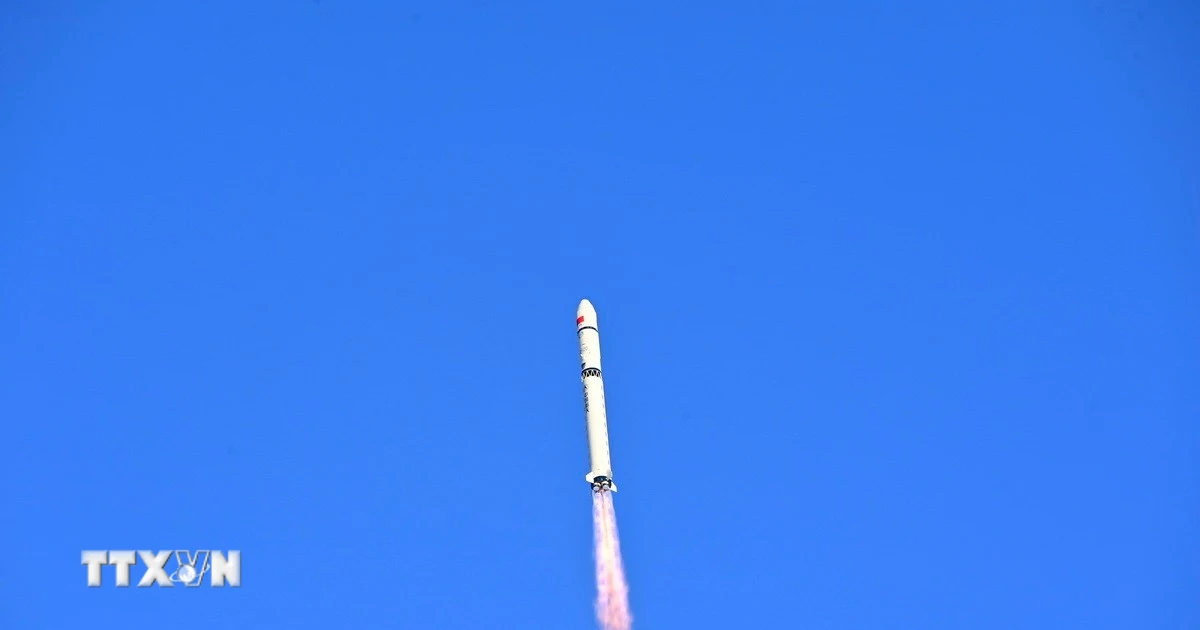






































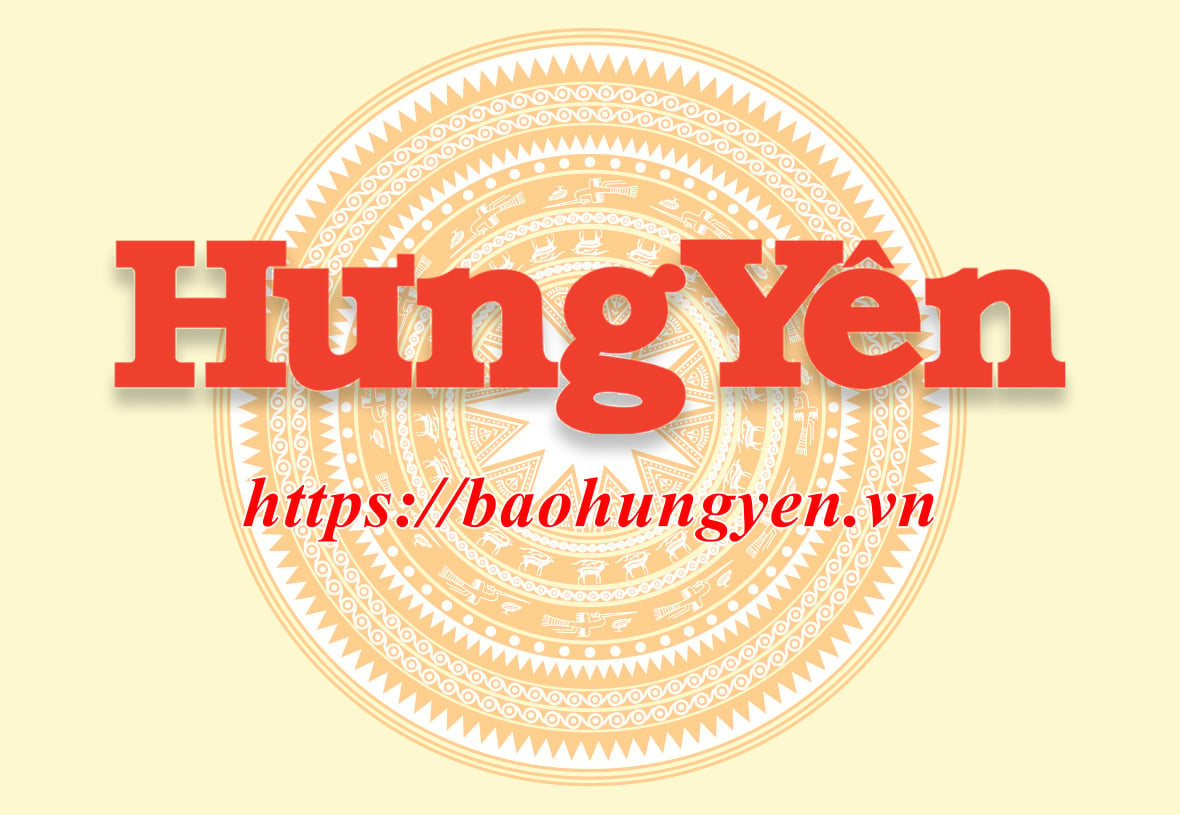

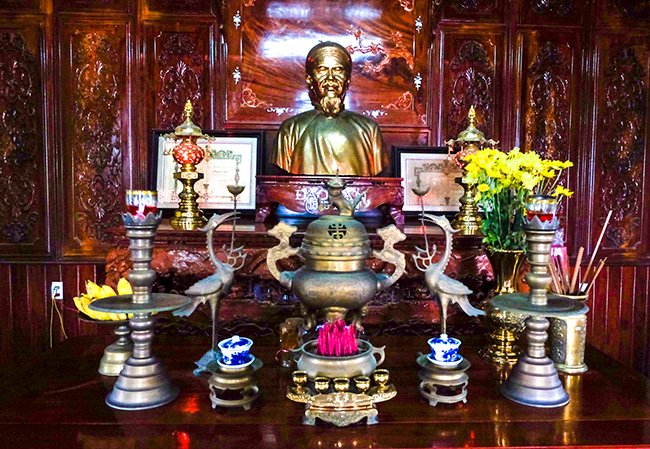
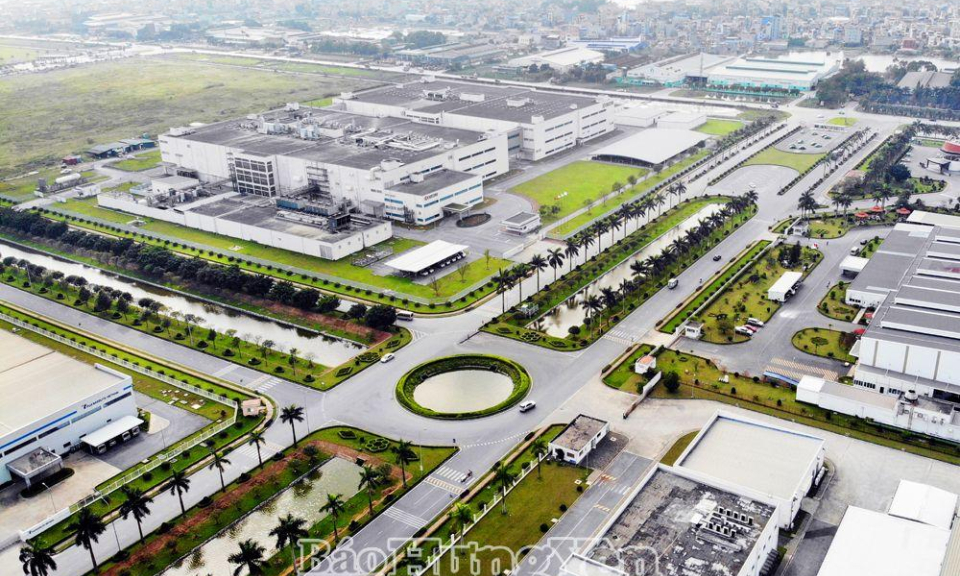












Comment (0)